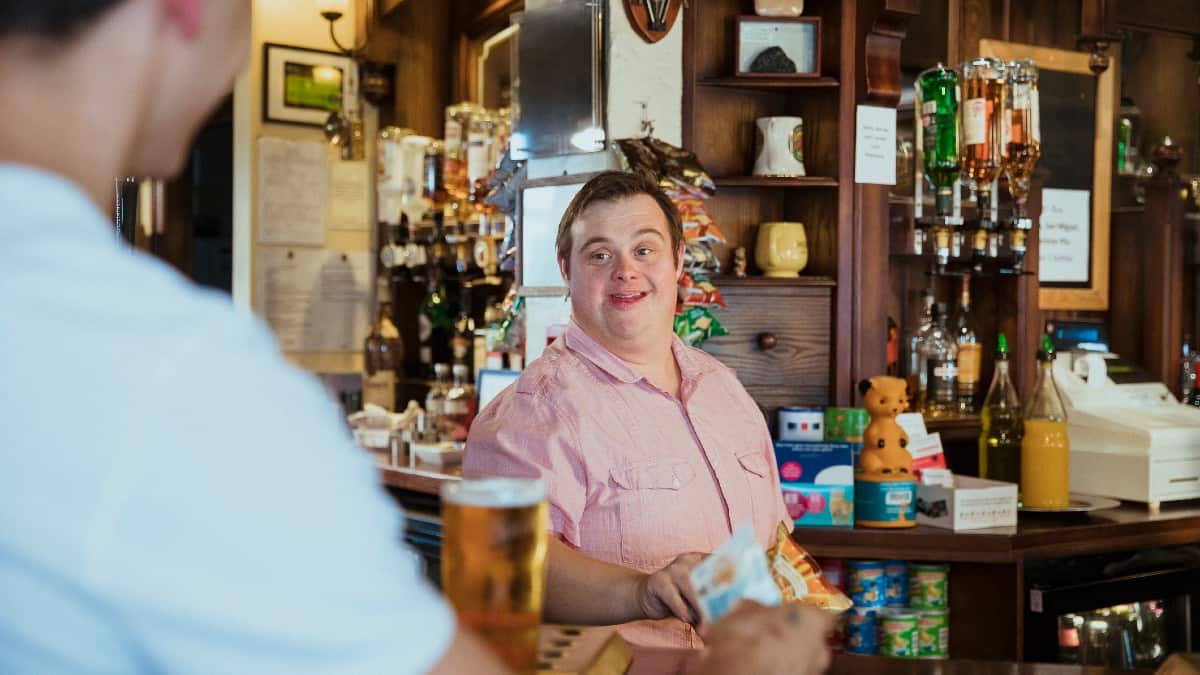I am always on the lookout for cheap shares I can add to my portfolio. By cheap, I do not simply mean those that have a low price. Rather, I am focused on value.
When buying a share, one is buying a tiny stake in a company. So if its long-term value is likely to be significantly higher than the price one pays for it today, allowing for the cost of tying money up over time, I would see that share as cheap. In a nutshell, that is what is known as the discounted cash flow model of valuation.
Director purchase
One of the shares I already owned in my portfolio was well-known pub chain J D Wetherspoon (LSE: JDW). Its performance has hardly been a reason to pour a celebratory pint lately. Quite the reverse — the shares have lost 42% in value over the past year.
Passive income stocks: our picks
Do you like the idea of dividend income?
The prospect of investing in a company just once, then sitting back and watching as it potentially pays a dividend out over and over?
If you’re excited by the thought of regular passive income payments, as well as the potential for significant growth on your initial investment…
Then we think you’ll want to see this report inside Motley Fool Share Advisor — ‘5 Essential Stocks For Passive Income Seekers’.
What’s more, today we’re giving away one of these stock picks, absolutely free!
Yet I noticed that the company’s chairman dipped into his own pockets at the start of this month to buy more of its shares when they were trading at £4.57 each.
It was not just pocket change he used. The insider bought 2.6m shares, meaning he spent close to £12m. He now owns over 30m Spoons shares, so I imagine he feels pretty confident about its outlook.
Since then, the shares have moved up by 13% in a matter of weeks. Cheers!
But could there be more to come?
Cheap shares
I think so, which is why I bought more of the shares myself this week.
Looking at the company’s valuation metrics, these may not obviously look like cheap shares. Last year’s post-tax profit was just £19m, meaning that Wetherspoons trades on a price-to-earnings (P/E) ratio of 34. That hardly screams value. On top of that, in the previous couple of years, the company had made heavy losses.
Remember though, I define cheap shares relative to what I think their future earnings potential is. Clearly, Spoons has had a tough few years due to enforced closures of hospitality venues, soaring costs and tightening consumer budgets. The last two remain clear risks. But the direction of travel has been positive. The company is profitable again and I think the earnings could grow.
The current P/E ratio may look high. But in 2019, the chain earned £73m after tax. The current market capitalisation is only around nine times that amount.
I’m buying
That is why I see these as cheap shares.
Over time, I believe Wetherspoons can overcome current difficulties and get back to making money on a grand scale. It has proved in the past that it can do that, has an effective business model, deep experience and a customer proposition that could make it even more popular in economically difficult times.
All of that adds up to a recipe for possible future success, in my view. I think today’s valuation suggests too pessimistic an outlook for this successful business — and have been putting my money where my ale should be!








